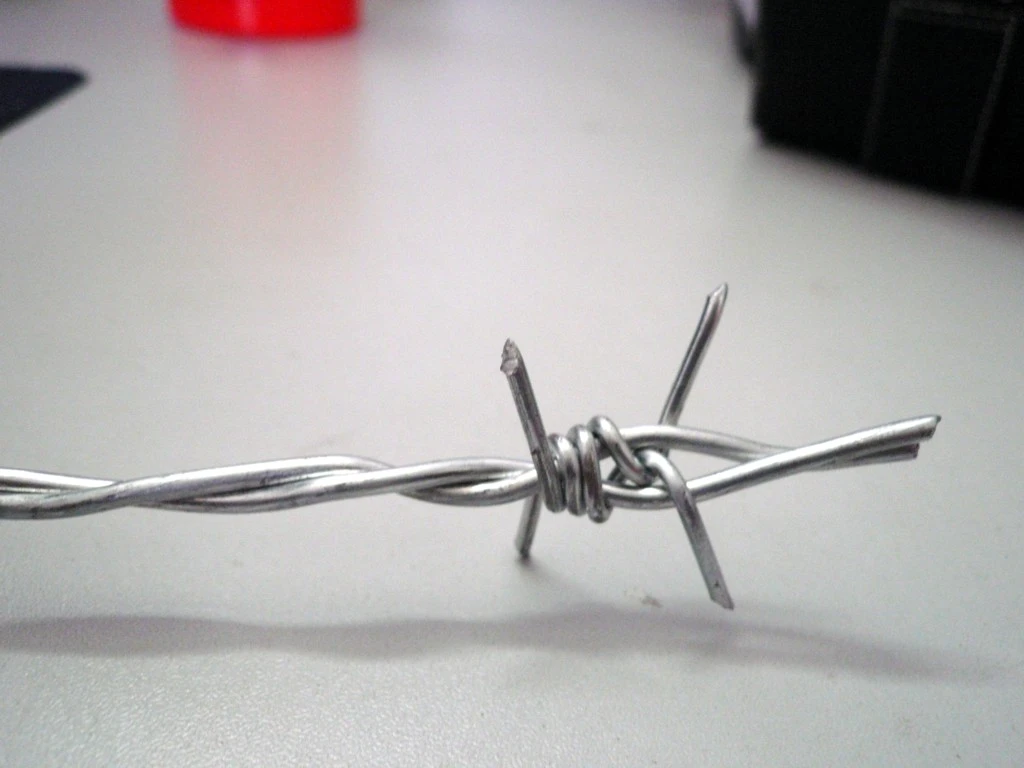

Trustworthiness is paramount when selecting construction materials, and hardened steel concrete nails are no exception. Brands that invest in rigorous quality control measures provide assurance to consumers that their products will consistently perform. Reputable manufacturers often back their claims with warranties or testing documents, further cementing their place as reliable partners in construction projects. While selecting the right nail, project's scope and material specifics should guide your choice. For dense concrete, shorter nails with a thicker shank provide the best results by minimizing bending risks. For lighter materials or less dense concrete, longer nails can offer additional grip without the added risk of fracture. Always consider the environment; galvanized or coated nails can offer additional resistance to rust and corrosion in humid or wet conditions. Furthermore, understanding the appropriate tools complements the use of these nails. Using a hammer specifically designed for concrete nails or a powder-actuated tool (PAT) can greatly enhance effectiveness, reducing the exertion required from the user and minimizing installation time. Professionals often recommend investing in quality equipment to complement the purchase of high-grade nails, ensuring that the efficacy of the product is not undermined by inadequate tools. In sum, the choice of hardened steel concrete nails is an investment in quality, performance, and longevity. When you choose the right type and pair it with appropriate tools, these nails provide a reliable solution for demanding building projects. Their time-tested resilience and acceptance in the construction world underscore their value and cement their place as a cornerstone in modern construction practices.

















